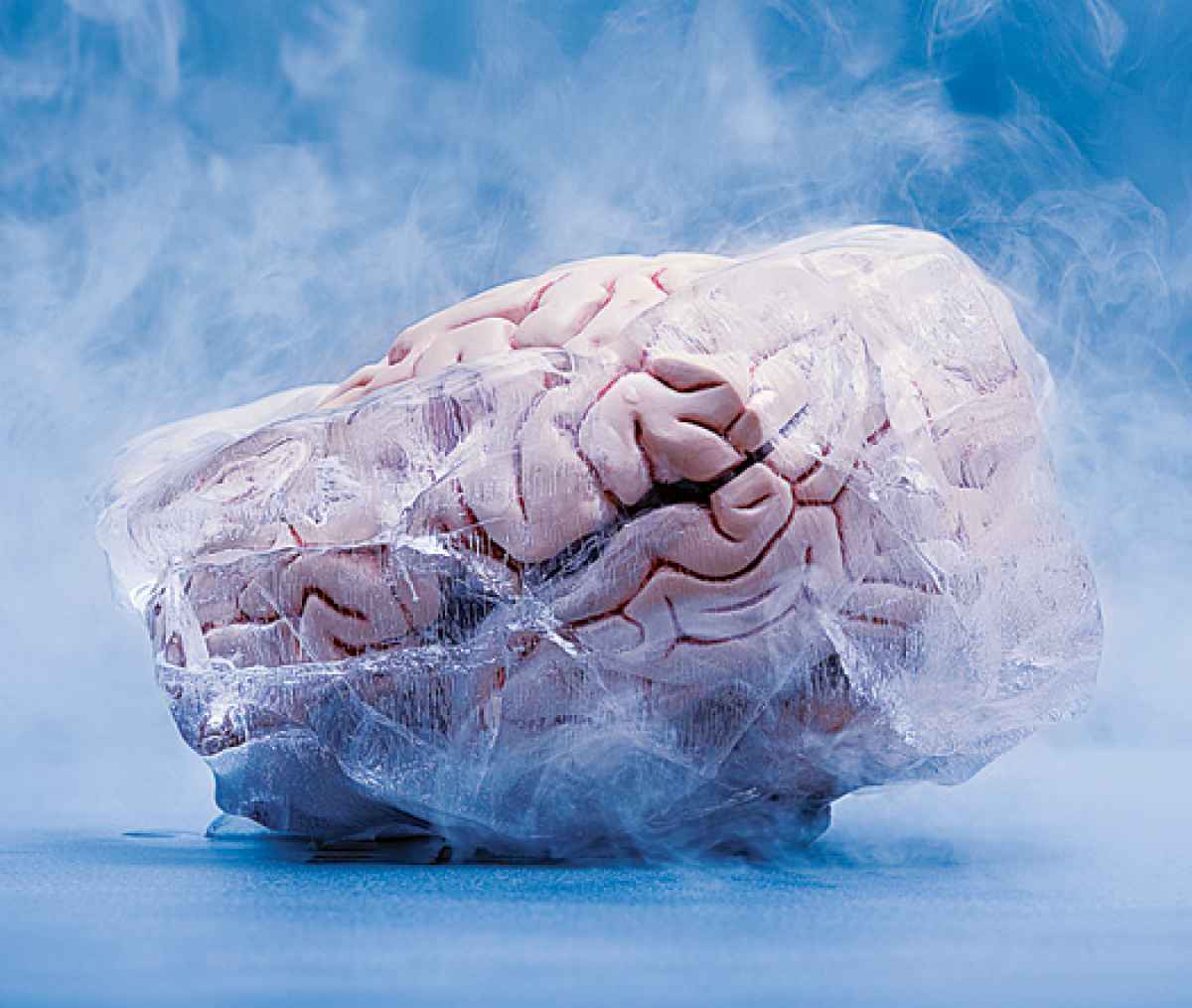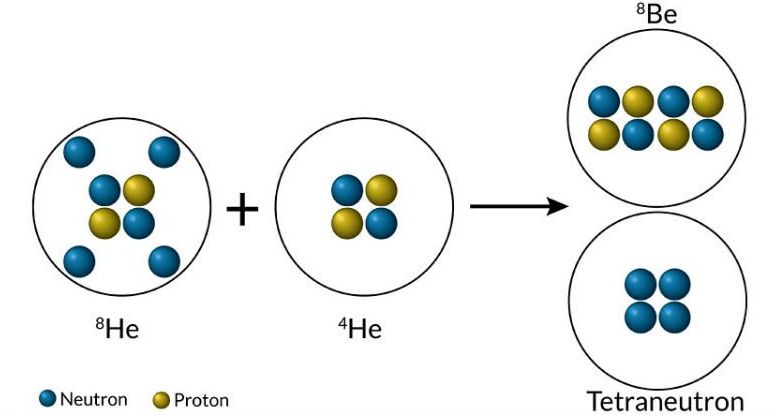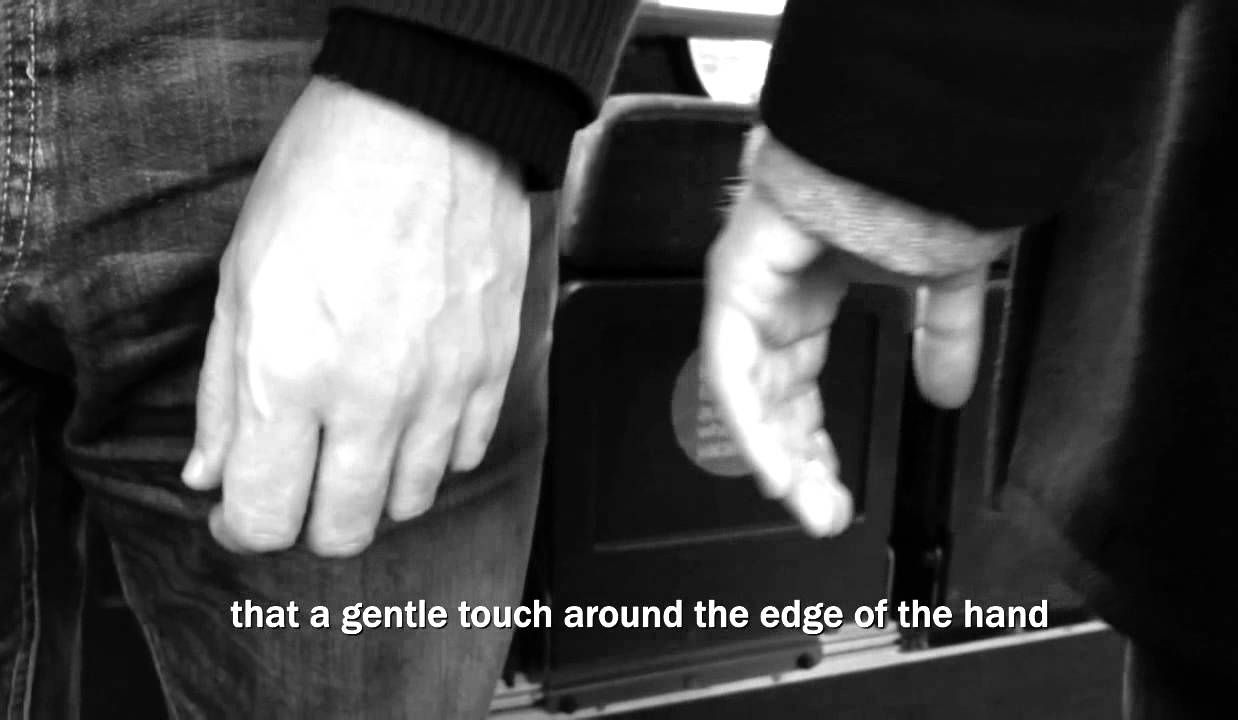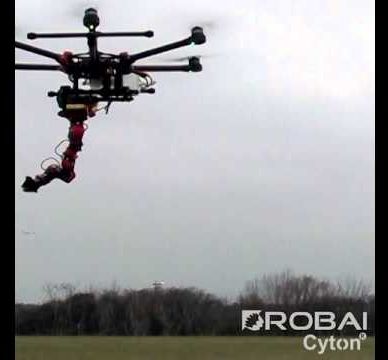Feb 10, 2016
Mammal brain successfully returned from cryopreservation for the first time
Posted by Julius Garcia in categories: biotech/medical, cryonics, life extension, neuroscience
A rabbit’s brain has been successfully returned from long-term cryogenic storage, marking the first time a whole mammalian brain has been recovered in near-perfect condition.
It marks a significant breakthrough in the field of cryonics and boosts the prospect of one day bringing frozen human brains back to life.
Researchers from 21st Century Medicine (21CM) used a new technique called Aldehyde-stabilized cryopreservation that filled the vascular system of the rabbit brain with chemicals that would allow it to be cooled to −211 degrees Fahrenheit (−135 degrees Celsius). When it was thawed, the cell membranes, synapses, and intracellular structures remained intact.


















